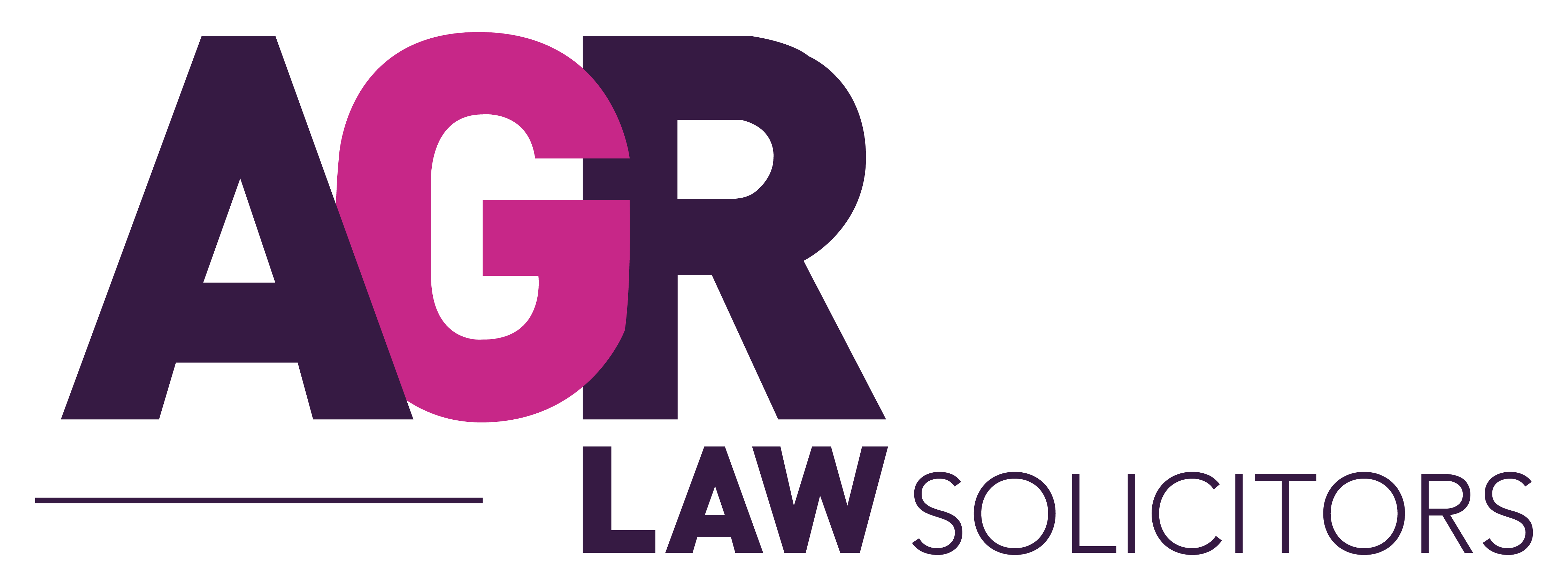The UK officially left the EU on 01 January 2021, meaning non-UK and non-Irish citizens no longer have automatic right to work in England, Scotland, Wales and Northern Ireland.
Although some business travel has been permitted during lockdown, with restrictions being relaxed we wanted to tell you more about what you need to do if you want to visit or relocate to the UK for work.
We talked about the new points-based system in our blog Brexit transition – changes to the immigration system earlier in the year, and below we will go into the various routes to gaining a visa in more detail.
Visiting the UK for a short business trip or meeting
You can visit the UK for up to six months with a standard visitor visa if you meet the eligibility criteria for what you want to do. This includes showing that you will leave the UK at the end of your visit, not making the UK your main home or living here for extended periods, proving that you are able to support yourself (or have somebody to provide for you) and that you have plans to pay for your onward journey.
Specifically for business, the general permitted activity criteria states that you can as a visitor:
- Attend meetings, conferences, seminars, and interviews
- Give a one-off or short series of talks and speeches provided these are not organised as commercial events and will not make a profit for the organiser
- Negotiate and sign deals and contracts
- Attend trade fairs, for promotional work only, provided the visitor is not directly selling
- Carry out site visits and inspections
- Gather information for your employment overseas
- Be briefed on the requirements of a UK-based customer, provided any work for the customer is done outside of the UK
There is also specific criteria relating to:
- Intra-corporate activities for employees of overseas based companies
- Manufacture and supply of goods to the UK
- Clients of UK export companies
- Other roles requiring travel to the UK including translators/interpreters, bodyguards and PAs, tour guides, journalists, researchers, and academics
For more information about activities permitted on a standard visitor visa, click HERE
Visiting the UK as a temporary worker
Short-term visas range from six to 24 months and are categorised according to the role the applicant will be working in. They are:
- Charity worker for unpaid, voluntary work
- Creative and sporting if you have been offered work in the UK as a sportsperson or creative worker such as an actor, dancer, musician or film crew member
- Government authorised exchange for people who want to do work experience or training, an Overseas Government Language Programme, or research or a fellowship through an approved government authorised exchange scheme
- International agreement worker if you are contracted to do work covered by international law or treaty. This includes working for a foreign government or as a private servant in a diplomatic household
- Religious worker if you want to do religious work in a non-pastoral role or religious order
- Seasonal worker for farm workers
- Youth mobility scheme for those with £2,530 in savings, aged 18-30 and from one of eight named countries and territories
Visiting the UK as a long-term worker
Long-term visas are typically around five years in length. Some, but not all, allow you to apply to bring partners and children, travel abroad and return to the UK and apply to live permanently in the UK.
Eligibility criteria for each visa is complex and typically states the need for sponsorship, the minimum and maximum you can earn, how much money you must have in savings and the knowledge of English to the required level.
Types of visas currently available for long-term workers are:
- Skilled worker for people doing a job on a list of eligible occupations for an employer approved by the Home Office. You need to have a certificate of sponsorship and be paid a minimum salary
- Health and care worker for medical professionals coming to do an eligible job with the NHS, an NHS supplier or in adult social care
- Intra-company visas for people coming to the UK for an eligible job at their employer’s UK branch
- Minister of Religion for people who have been offered a job within a faith community
- Sportsperson for elite sportspeople or qualified coaches recognised by their sport’s governing body as international professionals. You require endorsement from the governing body and proof that your employment will develop your sport in the UK at the highest level
Our tips for international workers coming to the UK
- If you are applying to extend or switch your visa from within the UK, you may have the option of paying more to get a priority or super-priority decision made to quicken the process
- Carefully plan when you need to apply for visas to be switched or extended
- When budgeting, make sure you take into account any extra costs such as the healthcare surcharge
- Carefully read what you can and cannot do under the conditions of the visa. Criteria sometimes relates to taking on additional work, both paid and voluntary, so you must understand the rules
- Do not book any travel or accommodation before you hear the outcome of your application, otherwise you could lose your (or your employer’s) money
- Talk to us! Visa documents are lengthy and legally binding, so we always recommend getting help from law professionals especially as visas are refused more often than most people think
Want to know more about how our expert team can help you? Call us on 0116 340 0094 or email hello@agrlaw.co.uk

